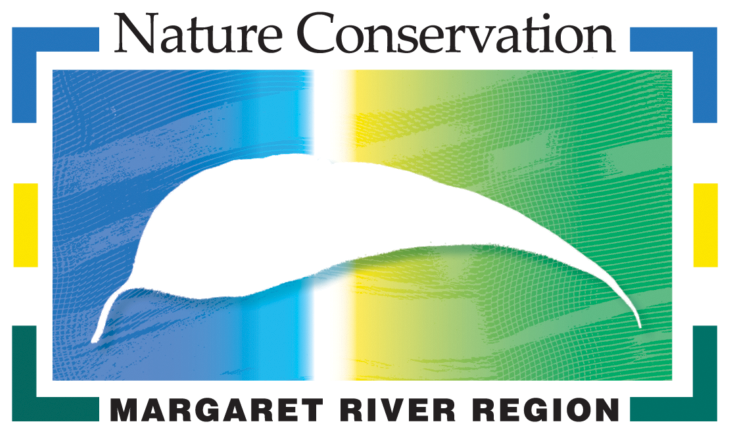Nature Conservation Margaret River Region hosted a Coastal Forum at Surfers Point on Tuesday evening, which highlighted the hard work and many successes of the groups, individuals and stakeholders who are dedicated to protecting the Margaret River coastline.
It also put the spotlight on the many threats, from human impacts to invasive species, erosion, climate change, habitat loss and being “loved to death”.
And at the forum, there was almost unanimous support for a new voluntary “coastal code”, where locals and visitors alike would become stewards and champions of our coast and its conservation. The concept is modelled on the tiny Pacific island nation of Palau which introduced a requirement for visitors to sign a pledge to act in an ecologically and culturally responsible way on the island. The hugely successful campaign, called the Palau Pledge, was the brainchild of author Laura Clarke, who spoke at the Nature Conservation coastal forum and said our region had an “incredible opportunity” to do a similar campaign here. The campaign is being championed by the Line In The Sand philanthropic group and supported in the region by Nature Conservation.
Ms Clarke said stewardship models based on the Palau Pledge were now being used in Iceland, New Zealand and Hawaii, and a similar idea could work in the South-West. “One of the thing that is so powerful about the pledge is that is shares the responsibility among the community. This region has an incredible opportunity to set an example to the rest of the state and the rest of Australia. It’s going to take a massive effort and have to be done in collaboration with a number of groups. It has to start with the local community and WA residents. That’s the only way we’re going to make change. It has to be embedded in the community first. It has to hit them in their hearts and minds. It’s not about telling people what to do.”
However, she said it had to be coupled with better State Government investment in the region and the Leeuwin-Naturaliste National Park. “This region is used to promote this country internationally, and to promote this state, but where is the investment? We can’t put a Band-aid over a gaping wound.”
Nature Conservation general manager Drew McKenzie said many groups including Nature Conservation, Tangaroa Blue, Great Southern Reef Foundation, Shire of Augusta Margaret River, landcare and volunteer groups in Yallingup, Gracetown and Augusta, Friends of the Cape to Cape Track, Birdlife WA and the Department of Biodiversity Conservation and Attractions (DBCA) were doing important work to protect the coast. But he said: “Despite the fact we are having good wins… we are collectively presiding over a managed decline. I think we can aspire much higher than that.”
A coastal code was one part of the solution, he said. “A lot of us use the coastline for fun and recreation, but it’s really important we become custodians and stewards for the coast too. Acting with respect and treading lightly when we’re on the coast, learning more about the flora and fauna, joining your local coast care or environment group and giving back – that’s the message we’re trying to spread. It was so encouraging to see so much support for the coastal code at our forum on Tuesday night, and we’re excited to try and progress this idea.”
Local MP Jane Kelsbie said she was “really aware how passionate most people are in this community when it comes to conservation”. And she said she believed an initiative modelled on the Palau Pledge but developed by and unique to the Margaret River community “could work really well”.
DBCA’s district boss Ben Tannock acknowledged our national park was feeling the strain from being “the most linear and fragmented park in the state and also the most visited, with 4.5 million people a year”. “The next five parks in WA combined don’t match that visitation rate,” he said, adding that visitor numbers were rising fast, fuelled by local population growth and increased visitation from Perth.
Tangaroa Blue’s Casey Woodward said local groups and local residents working together was vital to tackling global environmental issues like climate change, erosion control and plastics in our marine environment”. “None of us can tackle these issues on our own but if we work together… we have a fighting chance,” she said.
Photo caption: Palau Pledge’s Laura Clarke with Nature Conservation chair Ann Ward
